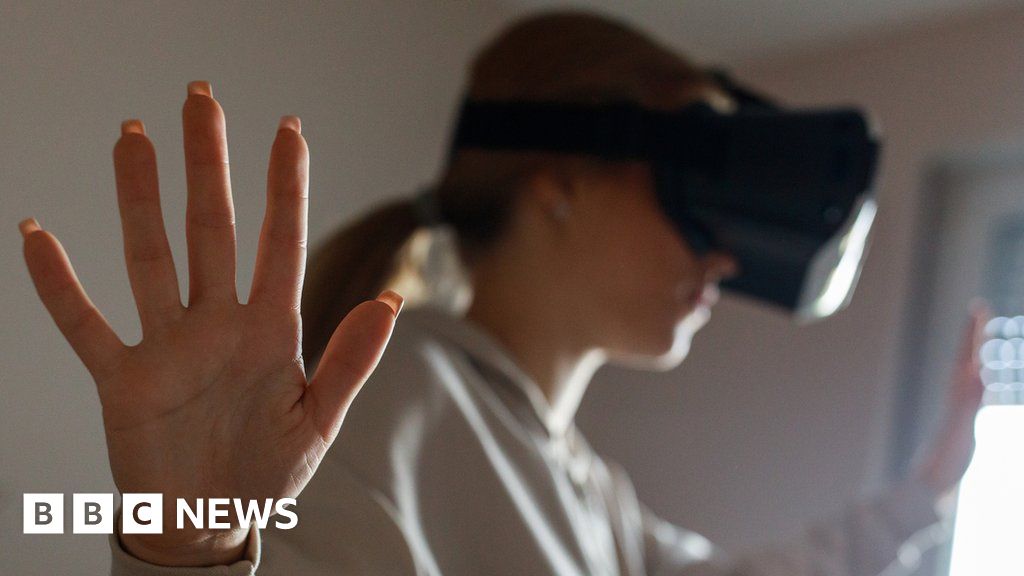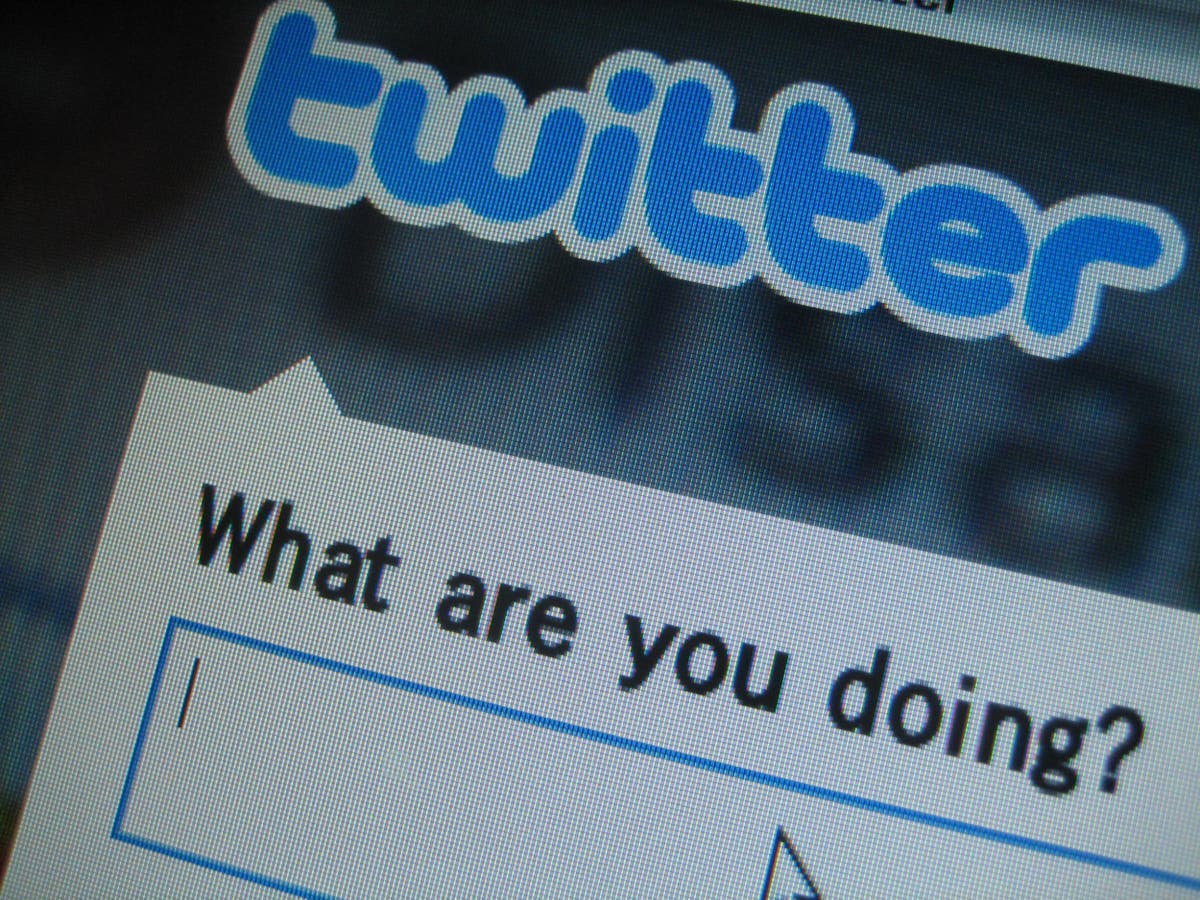A federal appeals court ruled Friday that Jan. 6 defendants can be found culpable of “disorderly” or “disruptive” conduct inside the Capitol even if they weren’t personally violent or destructive.
The decision is a victory for the Justice Department in cases against hundreds of defendants charged with misdemeanor counts of disorderly and disruptive conduct, one of the staple charges that has been applied to nearly every member of the mob that entered the halls of Congress.
A three-judge panel unanimously ruled that members of the mob must be judged on the circumstances of the day — which includes their awareness of the chaos happening around them.
“A lone hiker on a mountaintop can sing at the top of his lungs without disturbing a soul; a patron in a library cannot,” the panel of the D.C. Circuit Court of Appeals ruled in an
18-page opinion authored by Judge Karen Henderson, an appointee of George H.W. Bush. “It is entirely appropriate to clap and cheer when a keynote speaker steps to the podium but to do so once the room has fallen quiet and he has begun to speak would ordinarily be disruptive. Thus, in determining whether an act is disorderly, the act cannot be divorced from the circumstances in which it takes place.”
“Even passive, quiet and nonviolent conduct can be disorderly,” Henderson added, citing Supreme Court precedent that held sit-ins or protests that block traffic can be disorderly.


